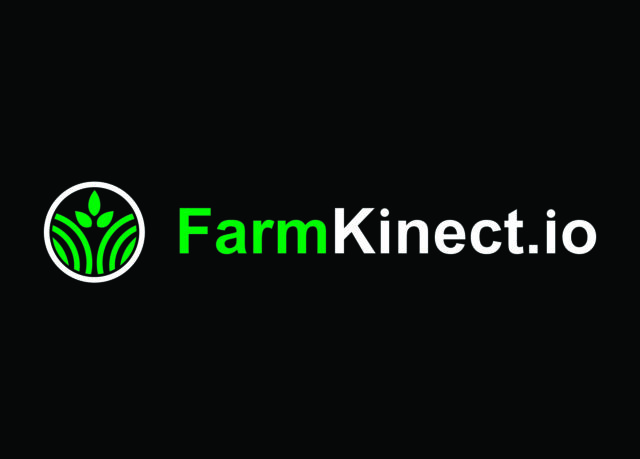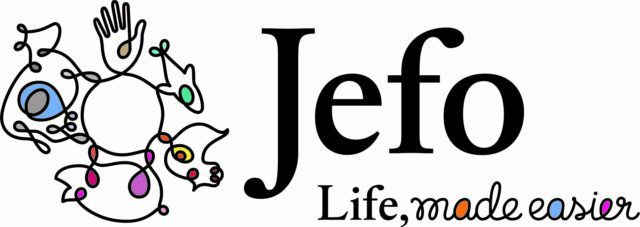The leading national trade organizations representing dairy producers and processors today sent a letter to New Jersey Governor Chris Christie, urging him to oppose legislation in the state senate that would allow the direct sale of raw milk to the public. In the letter from the dairy associations, which was also sent to State Senate Democratic Majority Leader Stephen Sweeney, the National Milk Producers Federation (NMPF) and the International Dairy Foods Association (IDFA) said that the food safety risks inherent in raw milk will increase the incidence of foodborne illness and reverse public heath improvements in New Jersey.
“The link between raw milk and foodborne illness has been well-documented in the scientific literature, with evidence spanning nearly 100 years. Raw milk is a key vehicle in the transmission of human pathogens, including E. coli O157:H7, Campylobacter, Listeria monocytogenes and Salmonella,” the letter said. A copy of the letter can be found atwww.nmpf.org, andwww.idfa.org.The joint letter pointed out that the U.S. Centers for Disease Control reports that “nearly 90 percent of raw milk-associated outbreaks have occurred in states where sale of raw milk was legal. Legalizing the sale of raw milk in New Jersey increases the risk to public health, opening up the state’s consumers to the inevitable consequence of falling victim to a foodborne illness.”
Federal law prohibits the interstate sale of raw milk, but allows states individual discretion to regulate raw milk sales within their borders. Several states in recent years have considered expanding the sale of raw milk, even as the product has been repeatedly linked to serious illnesses from coast to coast. The bill in New Jersey’s statehouse is Assembly Bill No. 743.
“America’s dairy farmers and processors have worked hard to ensure that they produce a safe, wholesome product, and a key pillar in the steps the industry takes is pasteurization,” Connie Tipton, President and CEO of IDFA, referring to the heat treatment that milk receives to eliminate pathogens from the dairy supply.
NMPF’s Kozak, whose professional career started in Trenton when he worked for the State Department of Health, wrote in the letter that “it is disappointing to see that the public health gains we achieved in New Jersey in the 1970s would be compromised today by a conscious effort to allow the sale of potentially pathogenic foods. This is an affront to all those working to protect public health.”
Both Tipton and Kozak said there was no valid reason to liberalize sales of raw milk, asserting that “there is absolutely no science behind the claims of raw milk supporters that pasteurization does anything other than make safer a potentially hazardous product.” PD
—National Milk Producers Federation news release




